Now that the SNES has been re-released, you’ll be seeing an uptake in Classic Callbacks as we look at the games that defined our childhood.
If you ever wanted to know the definition of a “cult hit” for video games, you needn’t look much further than EARTHBOUND. Also known as MOTHER 2 in Japan or “that game the kid no one knew from SUPER SMASH BROS. came from,” EARTHBOUND is a title from the SNES era that most people have generally either paid no mind to or swept under the rug the past 20-odd years. The latter is especially true of the company responsible for its release, big daddy Nintendo, presumably for poor performance in the United States back when it debuted and for being “too weird” (apparently an Italian plumber stomping on turtles and eating size-altering mushrooms is much more marketable). And while the game has accumulated a significantly larger following than when it came out back in ye-olden-days of 1994 (which, you know, kind of comes with “cult hit” status), any love and reverence for this title is still really only spread amongst a narrow margin of the game-playing populace. Which, if you ask me, is a massive shame. Thank the great and merciful Reggie Fils-Aimé that it’s finally going to get a bit more attention, given its inclusion on the SNES Classic. But I digress.
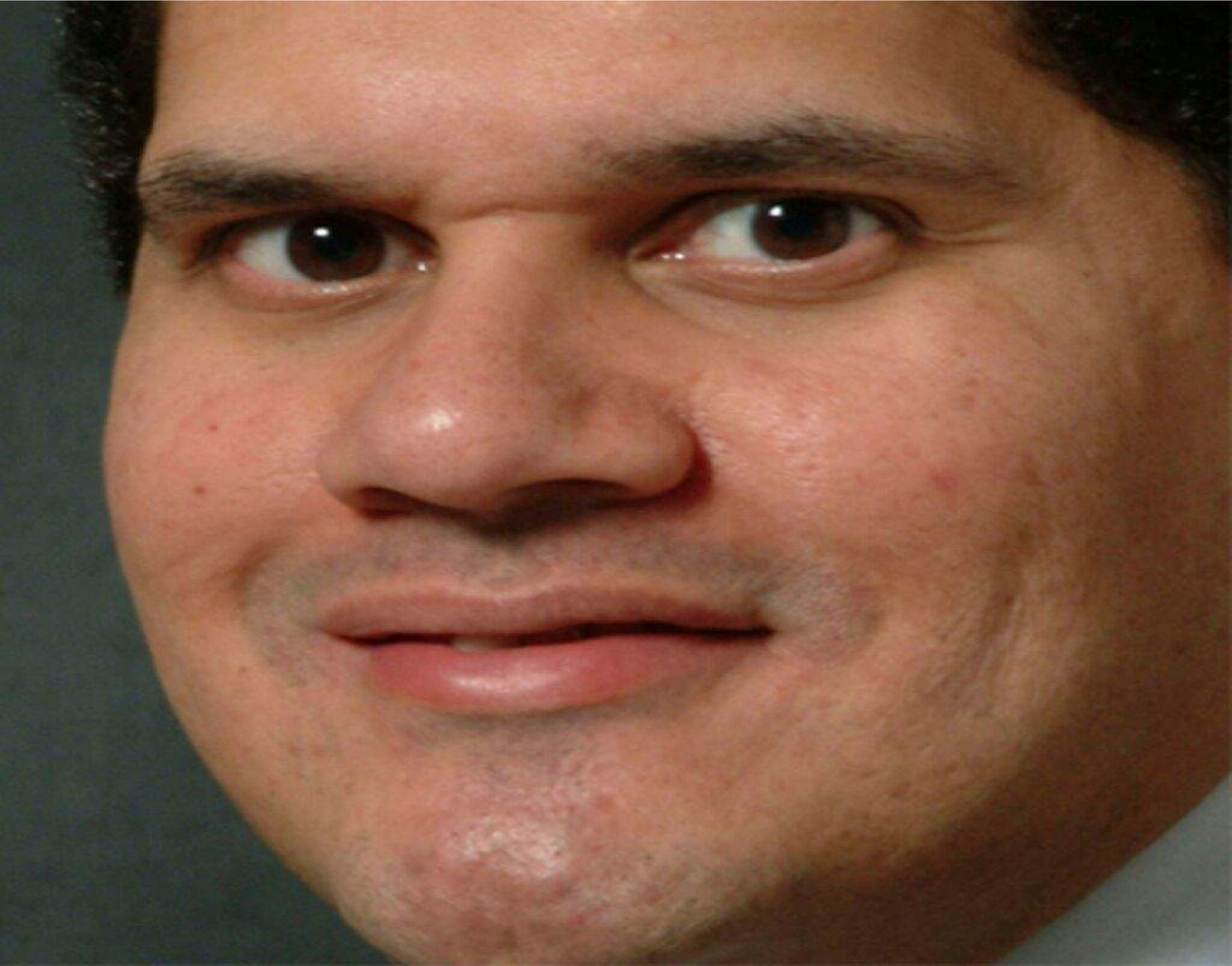
(Am I pandering hard enough, Reggie?)
EARTHBOUND is to games as what THE ROCKY HORROR PICTURE SHOW is to movies: an entertainingly quirky, kind of clunky, and ultimately very weird entry in a genre that, at the time, no one really gave a shit about. And, just like ROCKY HORROR does, EARTHBOUND embraces the weirdness very openly, priding itself on its subversive tendency towards its genre of origin and reveling in it. It may be a ‘90s JRPG, sure, but it doesn’t restrict itself to the conventions of roleplaying games; it’s not the cliche tale of good versus evil set in a medieval-inspired fantasy world a la The Legend of Zelda or . . . well, Final Fantasy. Nor is it something that is purely adult, oppressive, or dark just for the sake of being dark like a number of modern titles. EARTHBOUND isn’t a technical marvel or the pinnacle of storytelling by any stretch, nor has it ever been. What EARTHBOUND is, though, is a flavor, a tone, an experience all its own. One that is loaded with bittersweet themes about the transition into adulthood, intermixed with stupid dad jokes, psychedelic colors, surrealism, and a satirical, jab-heavy backdrop of a very Japanese take on Americana.
Your adventure begins in the sleepy suburb of Onett, Eagleland (get it?), wherein Ness, a young boy with psychic powers and a love for baseball, is awakened by the sound of a meteor crashing into the mountain overlooking his home. Upon shambling out of bed and going to investigate the mountain with your annoying neighbor/later rival, Porky, you are greeted to the sight of a talking bee from 10 years in the future, who forewarns you of the domination and destruction of your planet at the hands of the alien entity Giygas. The bee senses great potential in you, and thus tasks you with embarking on a journey to travel across the land, acquiring enough power to confront and defeat Giygas before it destroys the world. With that, you pack your bags, kiss your mom goodbye, grab yourself a snack for the road, and set off to assemble a crack team of other random kids to defeat the interplanetary invader and save Eagleland and the world! Wacky hijinks ensue.
What makes EARTHBOUND’s narrative stand out from many of its SNES-era counterparts can really be chalked up to how ludicrous and relaxed the whole ordeal is. This game knows how to make fun of the long-standing tropes associated with the RPG genre, even 20-some years in advance, and performs to entertaining results. Yes, the entire goal of the adventure is to stop this alien menace from destroying the planet, something that your run-of-the-mill RPG would treat with gravitas, stressing the utmost importance of completing your mission with haste. But EARTHBOUND does the inverse. Despite all the doom and gloom you’d expect to see from a world on the brink of destruction, everyone and everything just kind of takes matters pretty slow and laid-back. It’s a very casual run-around through Eagleland and the neighboring areas, with the primary vehicle of moving the stereotypically epic world-ending plot forward being the whisking of your party of children from vignette to vignette, one strange encounter to another. You’ll jump around from fighting off street gangs and zombies, to infiltrating a cult of child-kidnappers dressed in blue not-KKK outfits, to wandering in some haunted sewers and beating down some good-for-nothing hippies. But hey, it’s all in the name of beating Giygas, right? Maybe?
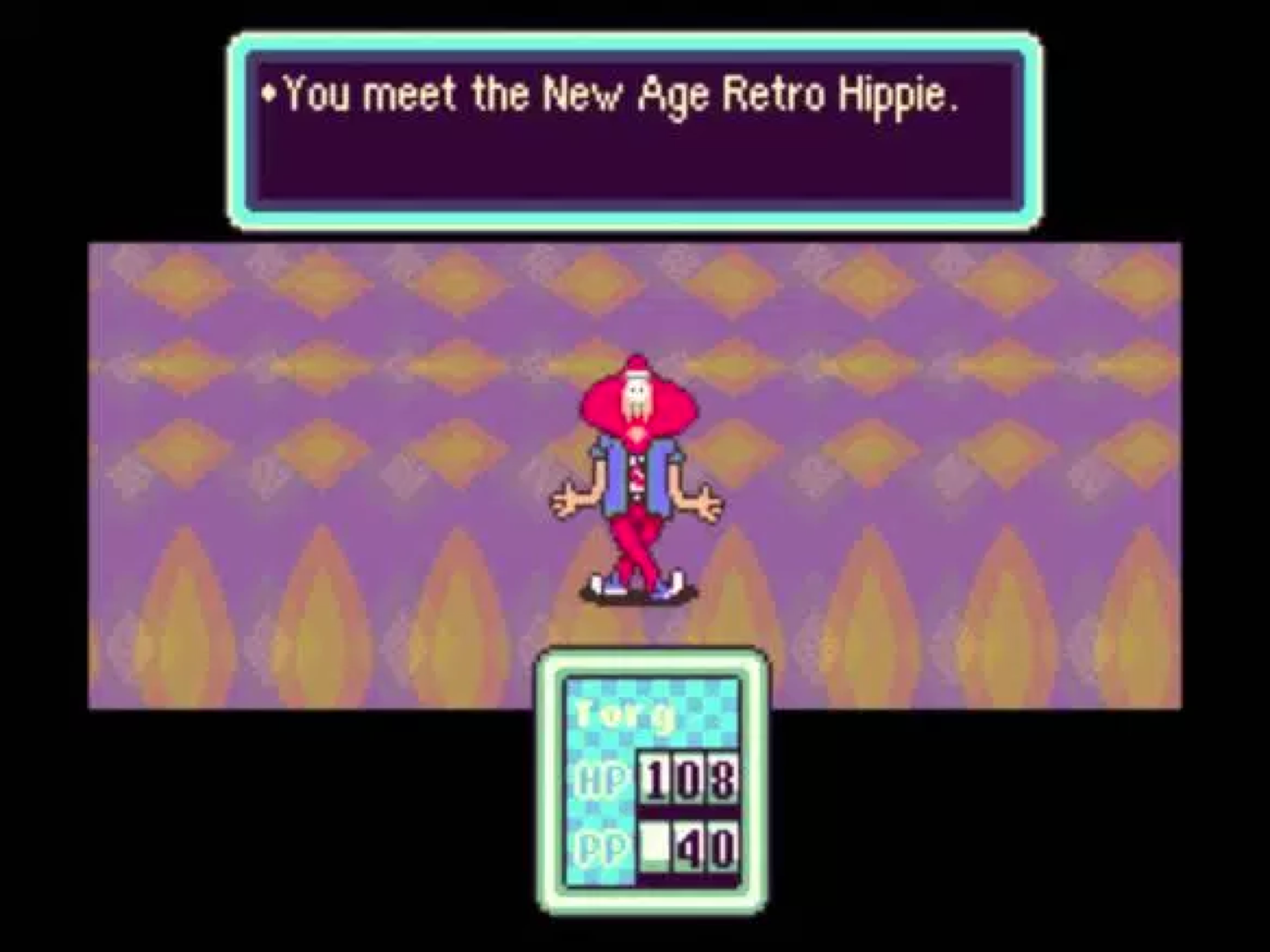
Yes, by the way. The answer is yes.
While we’re on the subject, what EARTHBOUND lacks in a traditional (or coherent) plot, it makes up for with an irrefutable amount of charm. The writing for the game, while it does experience some of the odd foibles of an early Japanese-translated work, is very funny when it wants to be. Despite the very overt contemporary-American setting, its writing and delivery’s not all limited to poking fun at the nature of the American lifestyle from an outsider’s perspective, like our notable obsession with violence, capitalism, and the harmonious synergy between them. (Though having your dad give you cash over the phone for all the friendly people and animals you beat up is pretty great.) There’s an astonishing range of humorous content for just about everyone, be it in the form of sight gags, puns, dark humor, or just the sheer surreal nature of the world these children manage to exist in. I think the fact that a 20+ year old game is still capable of entertaining and eliciting laughs despite some somewhat-dated material speaks volumes as to how sharp EARTHBOUND’s writing is.
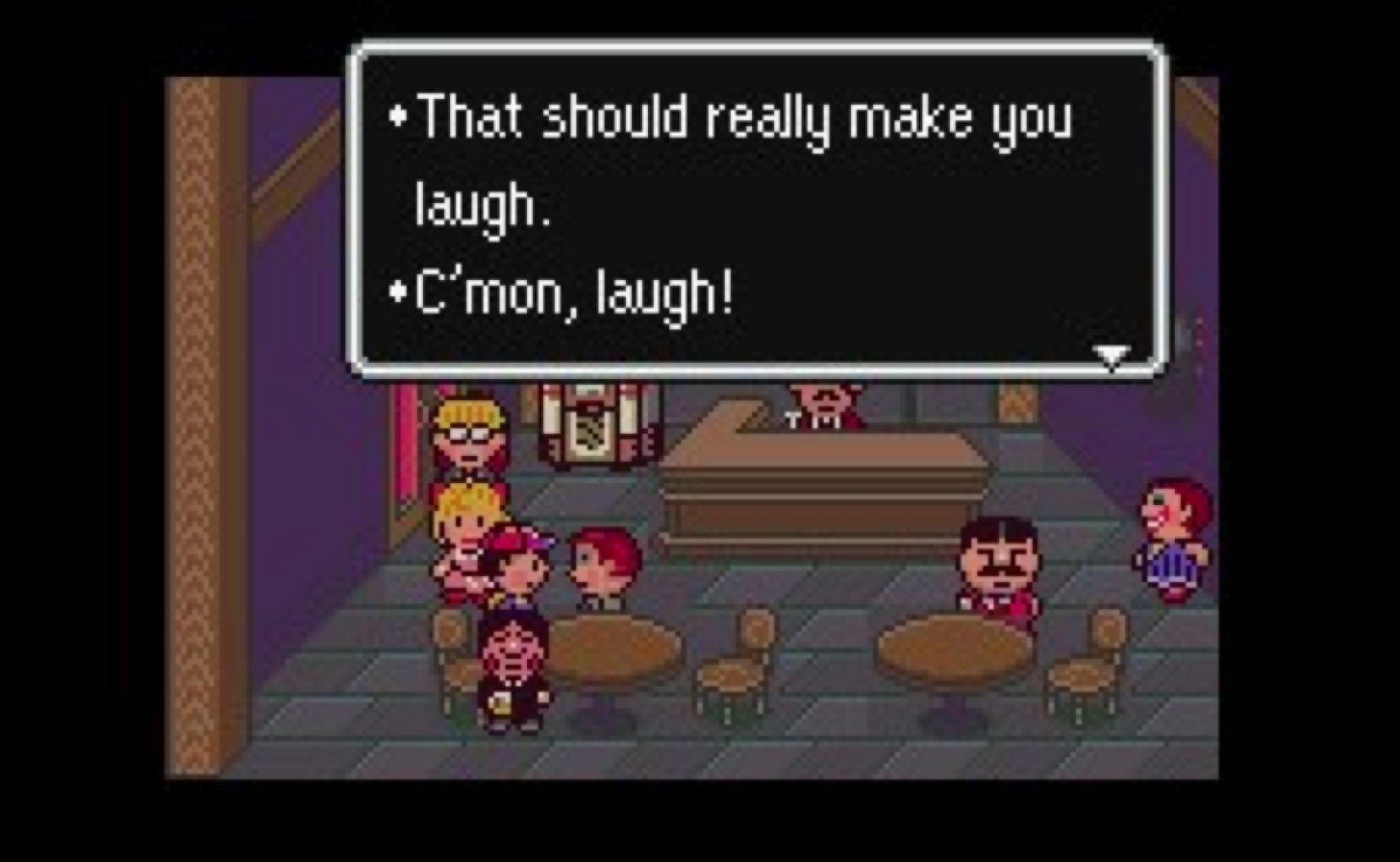
Though it may try a little too hard at times
But the other main aspect that makes EARTHBOUND as appealing as it is outside of its humor, at least personally, is its dark and bittersweet notions and themes. While still ultimately a “kid’s game” (rated T, if we’re using the current ESRB rating system) with a vibrantly colorful and goofy worldscape, there’s this undeniable twinge of harsh reality and cynicism that gives EARTHBOUND some teeth. I’m sure it’s fairly common knowledge on the internet at this point that the finale of the game has very blatant connections to abortion, with your quartet of child heroes going back in time to kill Giygas as a fetus, and how Giygas’s inspiration draws from trauma the game’s creator experienced as a child. But there are some other, less obtuse examples too. There’s this overarching theme of the loss of innocence and of childhood, with each of your party members effectively forced to grow up and make adult decisions, even though they have no real idea of what’s happening around them. There’s a recurring motif of the dads in this game being neglectful, or in some cases downright abusive to their children. The game uses its child cast to shine a light on the confusing aspects of adulthood, be it the cynical, farcical depiction of the police force, or the inconsequential, jargon-heavy non sequiturs grown-ups use to converse with one another.
Shigesato Itoi, the man behind the game, managed to blend these heavier themes into the mix without overshadowing or sacrificing the humor and general kid-friendly vibe, which is commendable. And with the rare exception of the games EARTHBOUND has directly influenced, it’s something that has proved hard for any game to match or reproduce to this degree of success.
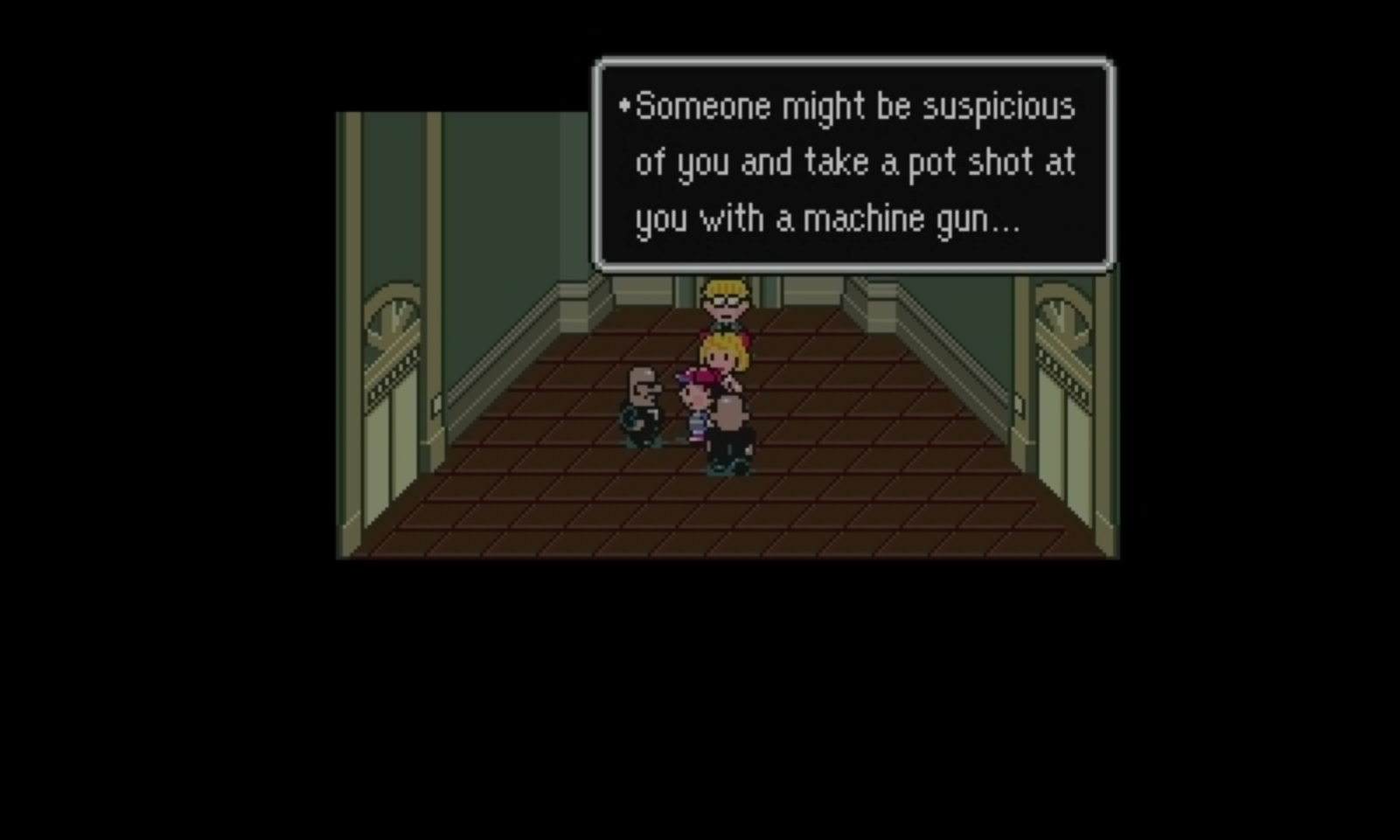
Ha! Violence against children is hilarious
One last note that I’ll make on EARTHBOUND is in regards to its legacy. While the game did ultimately bomb in the United States due to its weirdness and quirky nature, it’s left a sufficiently profound impact on roleplaying games and those of us that grew up on them. It established that there is a place for games to break from the mold, that they can be self-referential and content with subverting expectations while still performing excellently, even if it took a good 20 years for that to really manifest. It’s kind of hard to talk about EARTHBOUND’s legacy in a modern context without bringing up UNDERTALE and LISA: THE PAINFUL RPG, both of which are heavily inspired by the game, exist in the realm of being considered “cult classics” like their forebearer, and go on to follow EARTHBOUND’s example of making games that are both poignant in message and fun in execution. I wholeheartedly recommend checking both out if you haven’t already, as they take aspects of EARTHBOUND in two very different directions, yet both succeed in their own way.
All in all, EARTHBOUND’s something that succeeds while being odd in all the right ways. While history hasn’t necessarily been kind to the game as far as market popularity, this cult classic is more than capable of standing on its own and has proven to be a game that withstands the test of time, charming people of all ages with its superb writing, wacky style, and bombastically strange-yet-poignant presentation. This is a game that I can unironically call “unique,” and can say with complete confidence that it’s one of the most endearing RPGs of its time, and ours. This game deserves much more love than what it’s gotten, and is something I recommend to anyone and everyone, RPG fan or not. So whether you’re looking for a surreal look back at childhood or just a weird little casual romp, EARTHBOUND’s got you covered. Caps off to you, Itoi.
EARTHBOUND is available on Super Nintendo Entertainment System, Gameboy Advance, Wii U, and the SNES Classic.


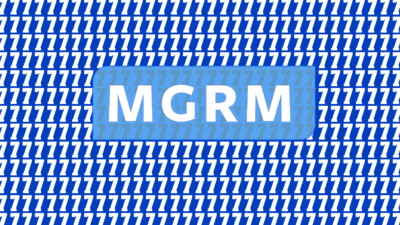
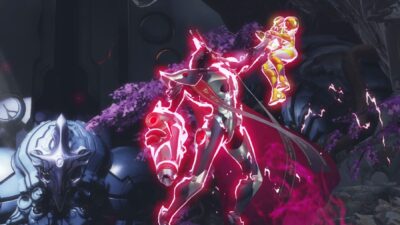
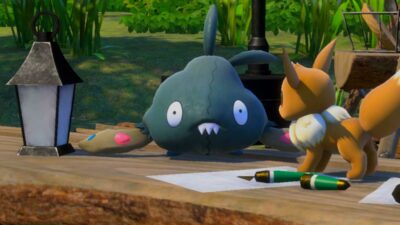
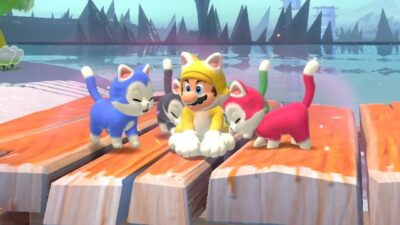
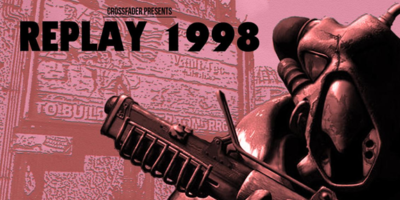
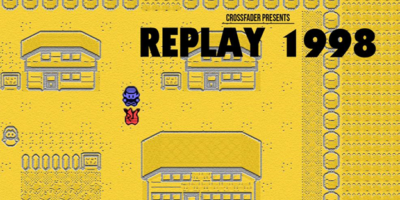
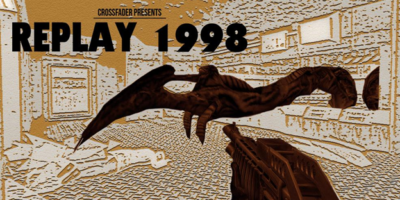
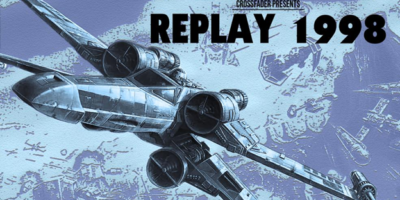
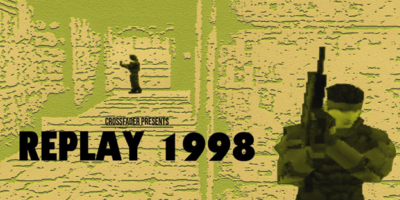
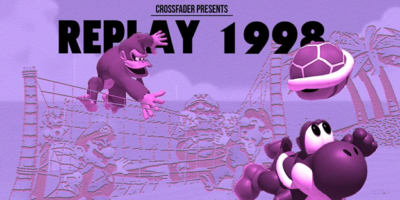

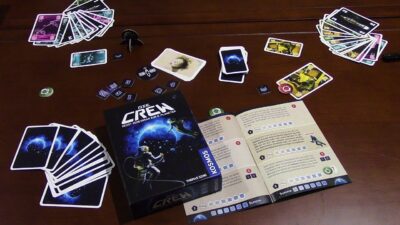
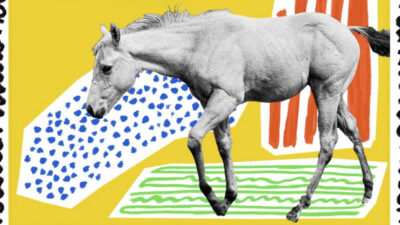

Comments